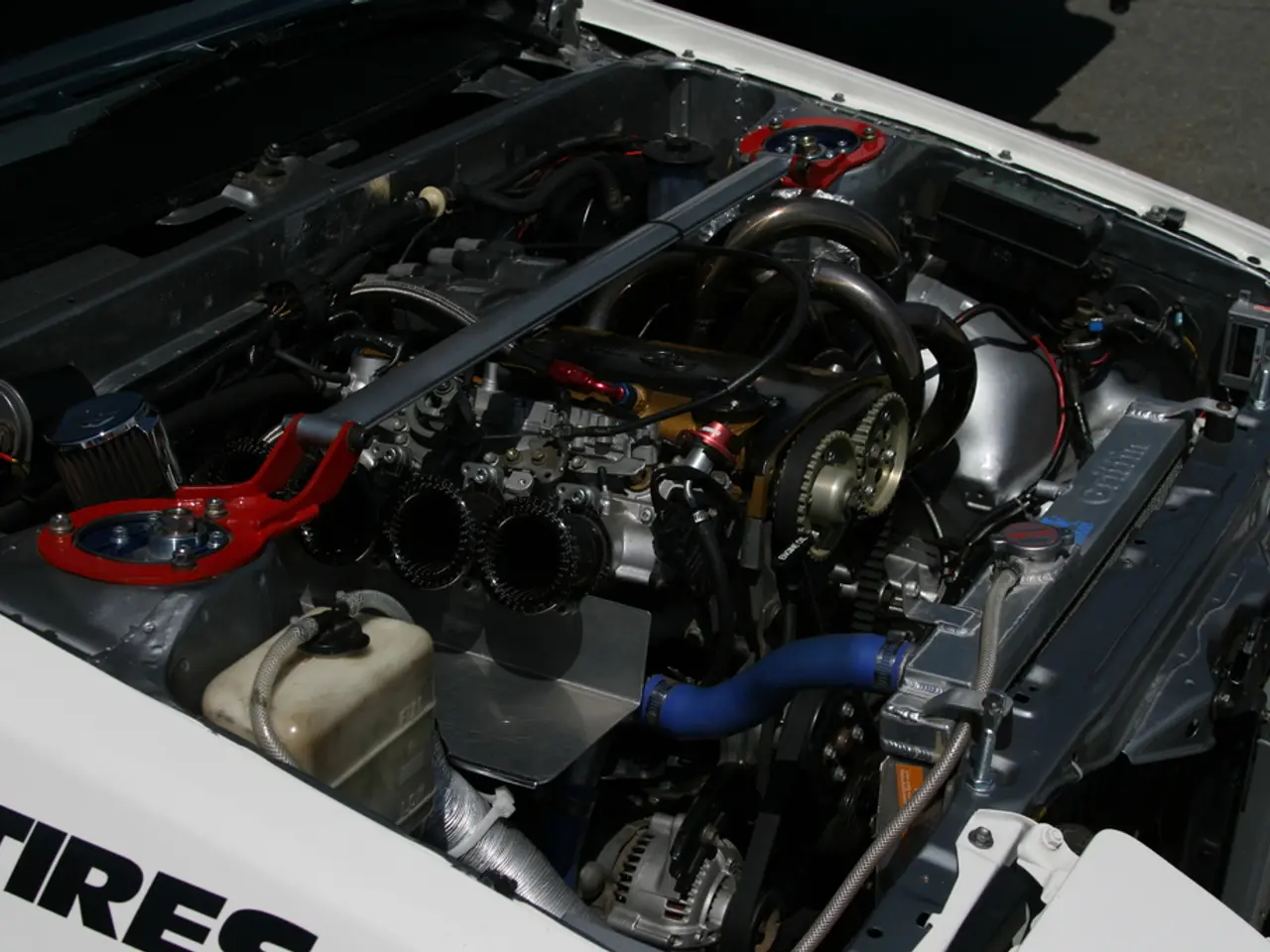Future Lithium Supply Hinges on Electric Vehicle Battery Recycling
The demand for lithium, a critical component in the production of electric vehicle (EV) batteries, is on the rise. According to a new analysis from the University of California, Davis, the need for new mining operations and battery recycling could meet this demand, particularly under high-demand scenarios.
Lithium can be extracted from three main sources: briny water from deep underground, rocks, and sedimentary clays. The United States, with its lithium-rich brine in geothermal areas and oilfields, and lithium-bearing clay, is well-positioned to tap into these resources.
Opening a new lithium mine is a significant investment and can take 10 to 15 years to begin production. However, recycling old batteries is a relatively expensive process compared to mining. This is set to change, as the biggest impact of recycling on lithium demand is expected around 2035. Recycling a small percentage of demand can have a big impact on the need for new mines.
In the recycling front, Germany has taken the lead. The first battery recycling facility in the country was opened in Magdeburg in September 2023 by the Canadian company Li-Cycle, marking its entry into the European market. Other organizations, such as H.C. Starck Tungsten and BASF, have also joined the recycling bandwagon, with facilities planned or already operational.
The transition to EVs relies heavily on lightweight, powerful lithium-ion batteries. As the world moves towards a more sustainable future, policies promoting smaller batteries and extensive global recycling could reduce the number of new mines needed to as few as 15. This shift could significantly ease supply constraints for lithium and reduce the environmental impact of mining.
Alissa Kendall, a professor at UC Davis, emphasized the importance of recycling for geopolitical and environmental reasons. She stated that batteries are an enormous new source of demand for lithium. Pablo Busch, a graduate student at UC Davis, underscored the need for governments to understand lithium supply sources and potential shortages.
The work on lithium supply and demand was funded by grants from the Heising-Simons Foundation and the ClimateWorks Foundation. The study, authored by Kendall, Busch, Yunzhu Chen, Prosper Ogbonna, and others, highlights the crucial role of recycling in meeting the growing demand for lithium while minimizing environmental impact.
In conclusion, the future of lithium supply is a delicate balance between mining and recycling. As the demand for EV batteries continues to grow, it's clear that recycling will play a significant role in meeting this demand, easing supply constraints, and reducing the environmental impact of lithium production.








